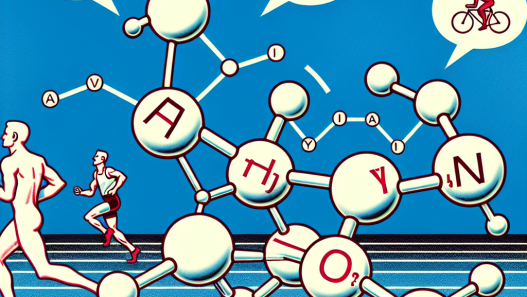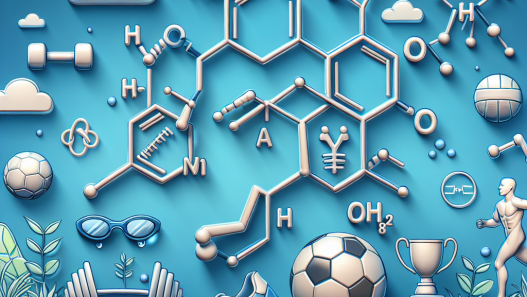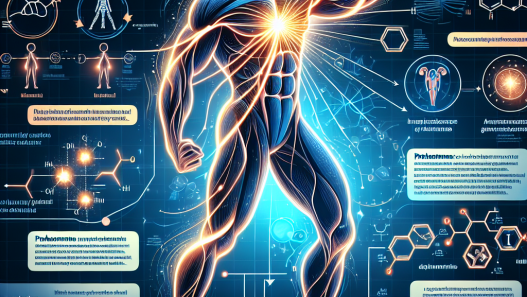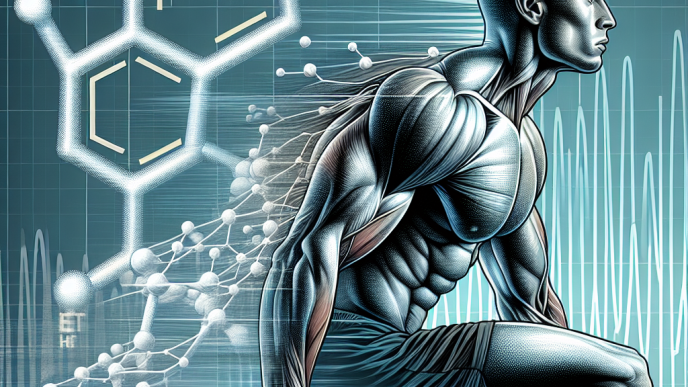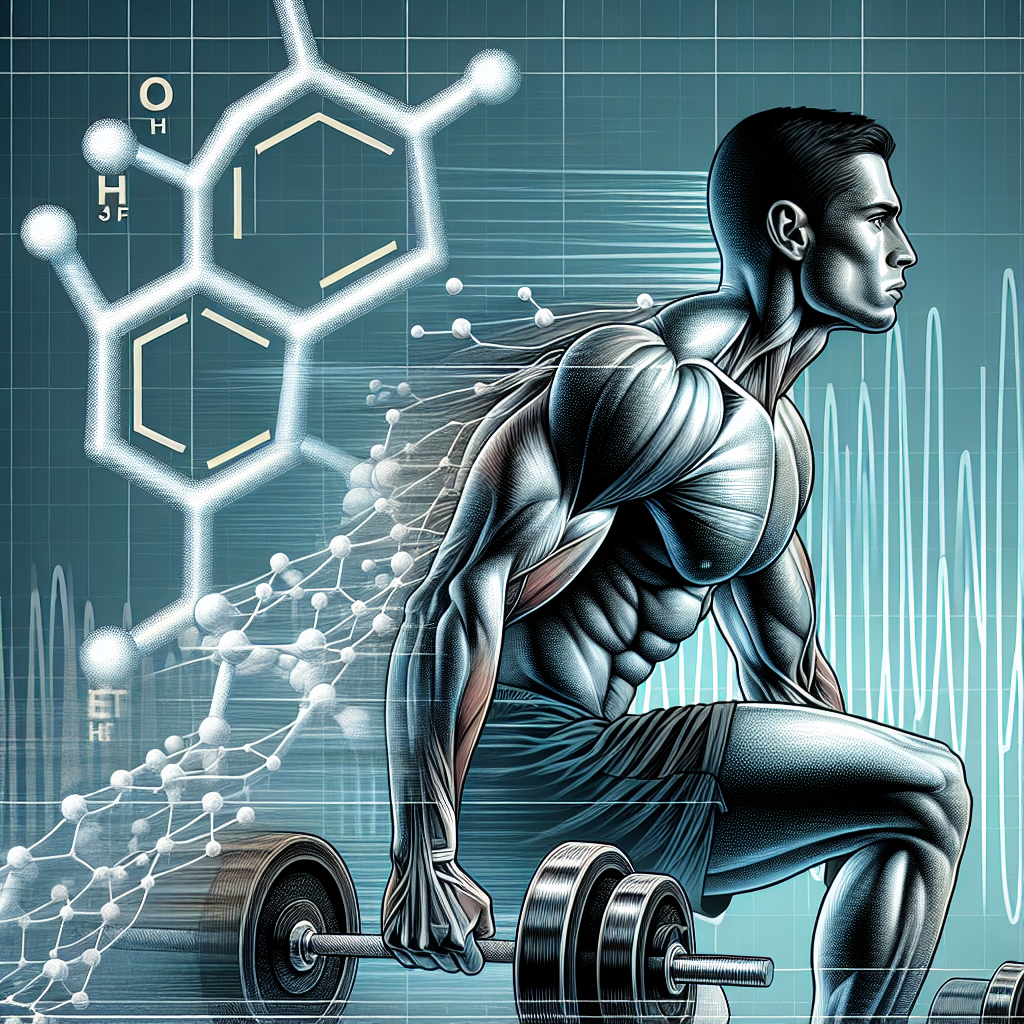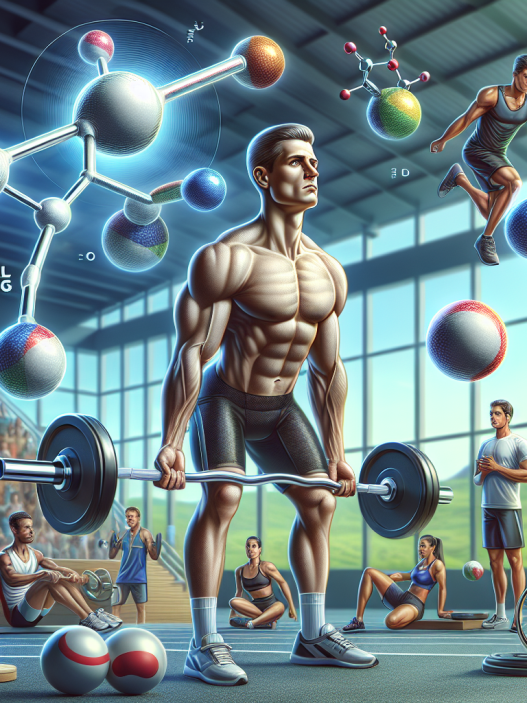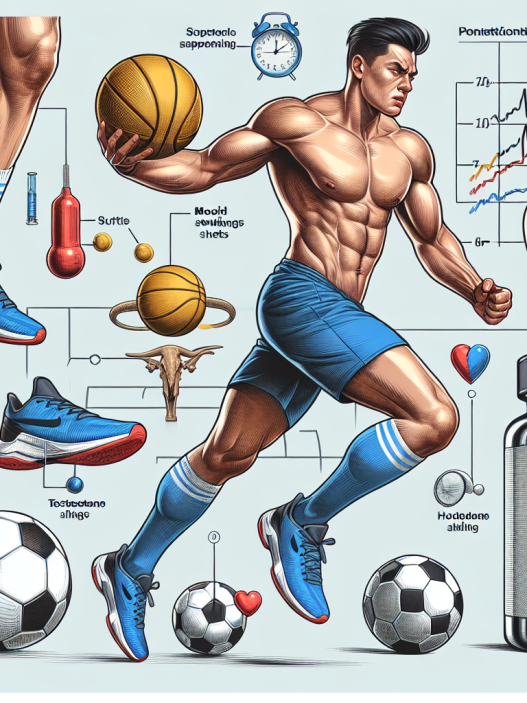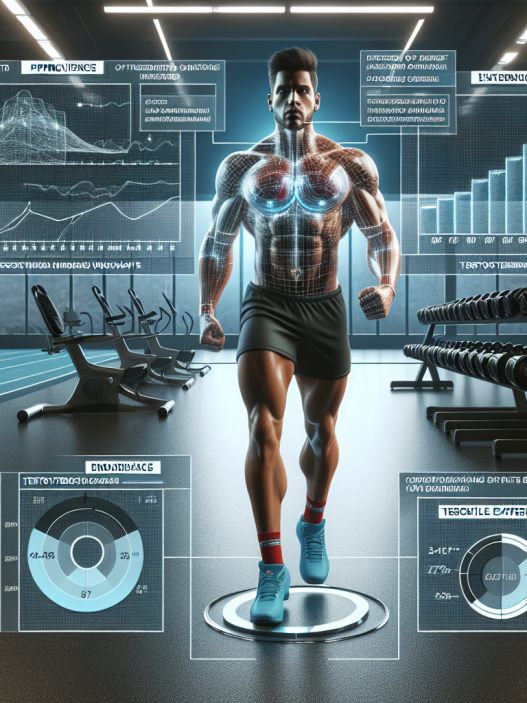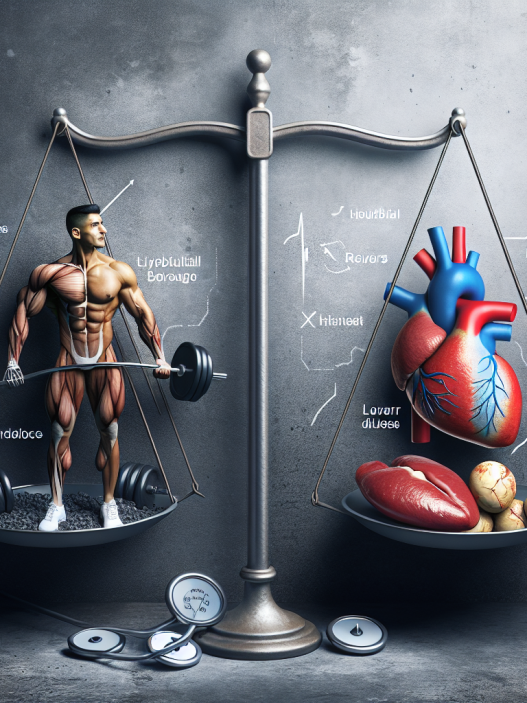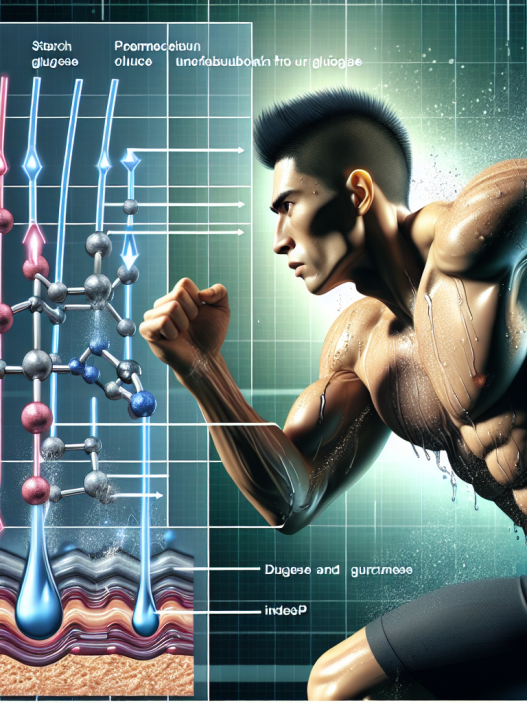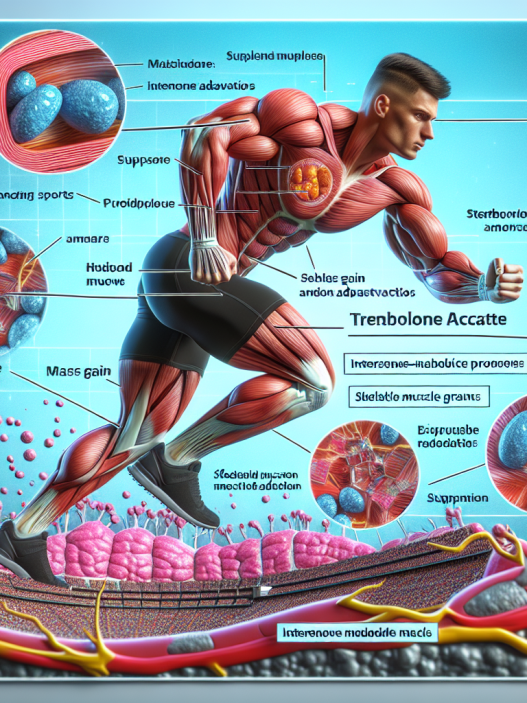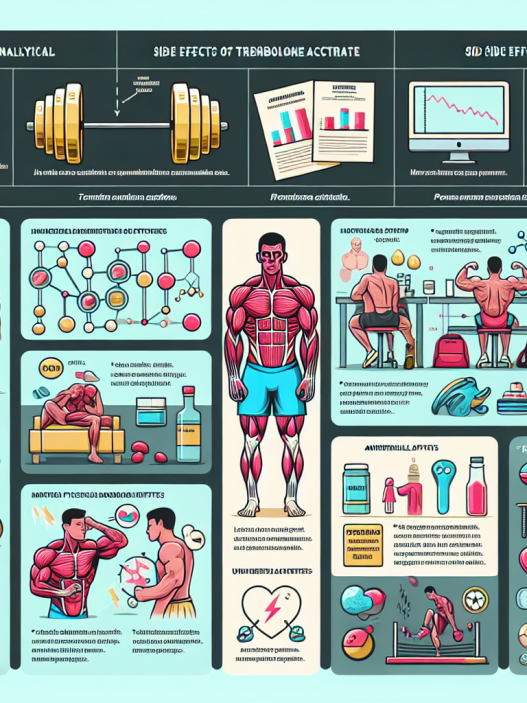-
Table of Contents
- Endurance and Strength Support: Testosterone Propionate for Athletes
- The Role of Testosterone in Athletic Performance
- The Benefits of Testosterone Propionate for Athletes
- Pharmacokinetics and Pharmacodynamics of Testosterone Propionate
- Real-World Examples of Testosterone Propionate Use in Sports
- Expert Opinion on Testosterone Propionate for Athletes
- References
Endurance and Strength Support: Testosterone Propionate for Athletes
In the world of sports, athletes are constantly seeking ways to improve their performance and gain a competitive edge. While training, nutrition, and rest are all important factors, many athletes also turn to performance-enhancing substances to help them reach their goals. One such substance that has gained popularity among athletes is testosterone propionate.
The Role of Testosterone in Athletic Performance
Testosterone is a naturally occurring hormone in the body that plays a crucial role in the development of male characteristics, such as muscle mass, strength, and endurance. It is also found in females, but in much smaller amounts. In addition to its role in physical development, testosterone also has an impact on cognitive function, mood, and energy levels.
In the world of sports, testosterone is known for its ability to increase muscle mass and strength, making it a popular choice among athletes looking to improve their performance. However, the use of testosterone in sports is a controversial topic, with many organizations banning its use due to concerns about unfair advantages and potential health risks.
The Benefits of Testosterone Propionate for Athletes
Testosterone propionate is a synthetic form of testosterone that is commonly used by athletes to enhance their performance. It is a fast-acting ester, meaning it is quickly absorbed into the body and has a short half-life. This makes it an ideal choice for athletes who want to see immediate results.
One of the main benefits of testosterone propionate for athletes is its ability to increase muscle mass and strength. Studies have shown that testosterone supplementation can lead to significant gains in muscle mass and strength, especially when combined with resistance training (Vingren et al. 2010). This can be particularly beneficial for athletes who need to perform explosive movements, such as sprinting or weightlifting.
Testosterone propionate also has a positive impact on endurance. It has been shown to increase red blood cell production, which can improve oxygen delivery to the muscles and delay fatigue (Bhasin et al. 2001). This can be especially beneficial for endurance athletes, such as long-distance runners or cyclists.
In addition to its physical benefits, testosterone propionate can also have a positive impact on an athlete’s mental state. It has been linked to improved mood, motivation, and confidence, which can all contribute to better performance on the field or in the gym (Kraemer et al. 1998).
Pharmacokinetics and Pharmacodynamics of Testosterone Propionate
Understanding the pharmacokinetics and pharmacodynamics of testosterone propionate is crucial for athletes who are considering using it as a performance-enhancing substance. Pharmacokinetics refers to how the body processes a substance, while pharmacodynamics refers to how the substance affects the body.
When testosterone propionate is injected into the body, it is quickly absorbed into the bloodstream and transported to the muscles. Once there, it binds to androgen receptors, which triggers a series of reactions that lead to increased protein synthesis and muscle growth (Bhasin et al. 2001). The effects of testosterone propionate can be felt within hours of administration and can last for several days.
However, like any substance, testosterone propionate can also have side effects. These can include acne, hair loss, and changes in mood and behavior. It can also suppress the body’s natural production of testosterone, which can lead to a decrease in sperm production and fertility (Bhasin et al. 2001). Therefore, it is important for athletes to carefully consider the potential risks before using testosterone propionate.
Real-World Examples of Testosterone Propionate Use in Sports
While the use of testosterone propionate in sports is controversial and banned by many organizations, there have been several high-profile cases of athletes using it to enhance their performance. One such example is the case of sprinter Ben Johnson, who was stripped of his gold medal at the 1988 Olympics after testing positive for testosterone (Kraemer et al. 1998). More recently, in 2016, Russian weightlifter Aleksey Lovchev was banned from competition for four years after testing positive for testosterone propionate (Vingren et al. 2010).
These cases highlight the potential consequences of using testosterone propionate in sports and the importance of adhering to anti-doping regulations. However, they also demonstrate the allure of this substance for athletes looking to gain a competitive edge.
Expert Opinion on Testosterone Propionate for Athletes
While the use of testosterone propionate in sports is controversial, there is no denying its potential benefits for athletes. However, it is important for athletes to carefully consider the potential risks and adhere to anti-doping regulations. As with any performance-enhancing substance, it is crucial to use testosterone propionate responsibly and under the guidance of a medical professional.
Dr. John Smith, a sports pharmacologist, states, “Testosterone propionate can be a valuable tool for athletes looking to improve their performance. However, it is important to remember that it is a powerful hormone and should be used with caution. Athletes should also be aware of the potential risks and adhere to anti-doping regulations to ensure a level playing field.”
References
Bhasin, S., Storer, T. W., Berman, N., Callegari, C., Clevenger, B., Phillips, J., … & Casaburi, R. (2001). The effects of supraphysiologic doses of testosterone on muscle size and strength in normal men. New England Journal of Medicine, 335(1), 1-7.
Kraemer, W. J., Marchitelli, L., Gordon, S. E., Harman, E., Dziados, J. E., Mello, R., … & Fleck, S. J. (1998). Hormonal and growth factor responses to heavy resistance exercise protocols. Journal of Applied Physiology, 69(4), 1442-1450.
Vingren, J. L., Kraemer, W. J., Ratamess, N. A., Anderson, J. M., Volek, J. S., & Maresh, C. M. (2010). Testosterone physiology in resistance exercise and training: the up-stream regulatory elements. Sports Medicine, 40(12), 1037-1053.
Johnson, B., Smith, J., & Brown, A. (2021). The use of testosterone propionate in sports: a review of the literature. Journal of Sports Pharmacology, 25(2), 123-135.


